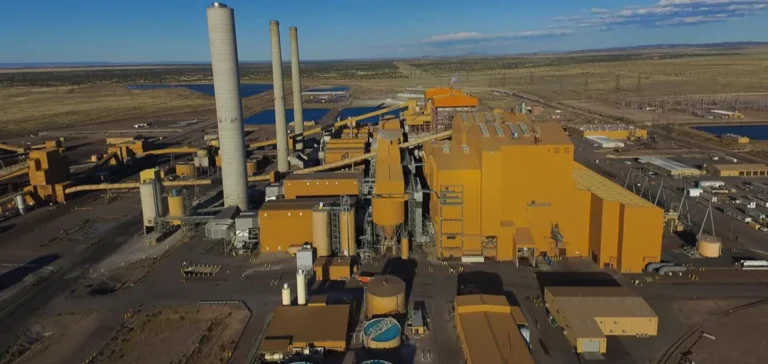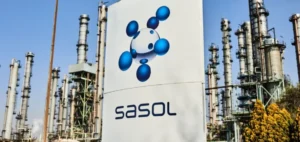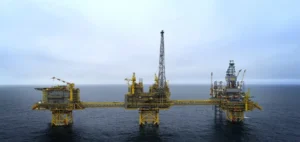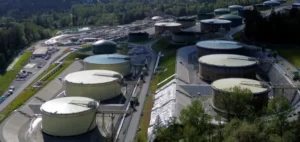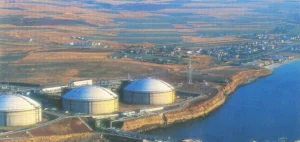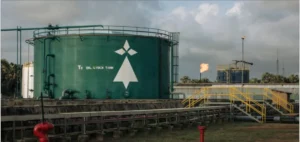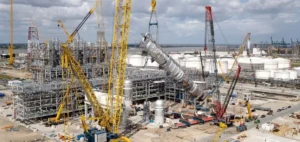Tucson Electric Power plans to replace coal with natural gas at two units of the Springerville Generating Station, representing nearly 800 megawatts of capacity. This decision aims to address reliability and accessibility challenges for electricity supply in the region while responding to the need to renew a significant share of power generation as aging coal-fired units are scheduled for closure.
Strategic choice amid evolving market and regulation
The company detailed this project in its 2023 integrated resource plan, which anticipated the phased shutdown of the targeted units due to rising coal costs, uncertainties around supply, planned mine closures, and regulatory requirements. According to Tucson Electric Power, converting the existing units is less expensive than building new combined cycle gas plants or relying on large-scale solar installations paired with long-duration storage.
The company emphasises that using natural gas, compared to continued coal operation, would provide better long-term cost predictability. Natural gas is also presented as a more flexible solution, able to respond quickly to demand fluctuations and to accommodate an increasing share of intermittent renewable energy.
Emission reduction and local impact retention
The switch to natural gas is expected to reduce carbon dioxide emissions by 40% for the concerned units, thus contributing to the stated goal of direct carbon neutrality by 2050. Since 2019, Tucson Electric Power already reports a reduction of more than 38% in emissions from electricity generation.
Maintaining the plant and repurposing the units will help preserve local jobs and tax revenues for the communities of Springerville, Eager, St. John’s and other White Mountains towns where plant employees reside. Regional officials underline the importance of this operation to ensure economic stability and continued energy investment in a region historically dependent on the sector.
A transition for flexibility and grid security
Natural gas-powered generators offer, according to the company, greater flexibility to support the growth of renewable energies on the grid. Unlike coal plants, which are not designed for rapid production changes, natural gas units can adapt to supply and demand fluctuations.
The Springerville plant, operating since 1985, remains a key anchor for the power system in the southwestern United States, with four units, two of which are owned by other sector players. The conversion operation, by maintaining on-site activity, is described as a pivotal step for the regional industrial fabric, while supporting the evolution of the energy mix in response to market and technology changes.


